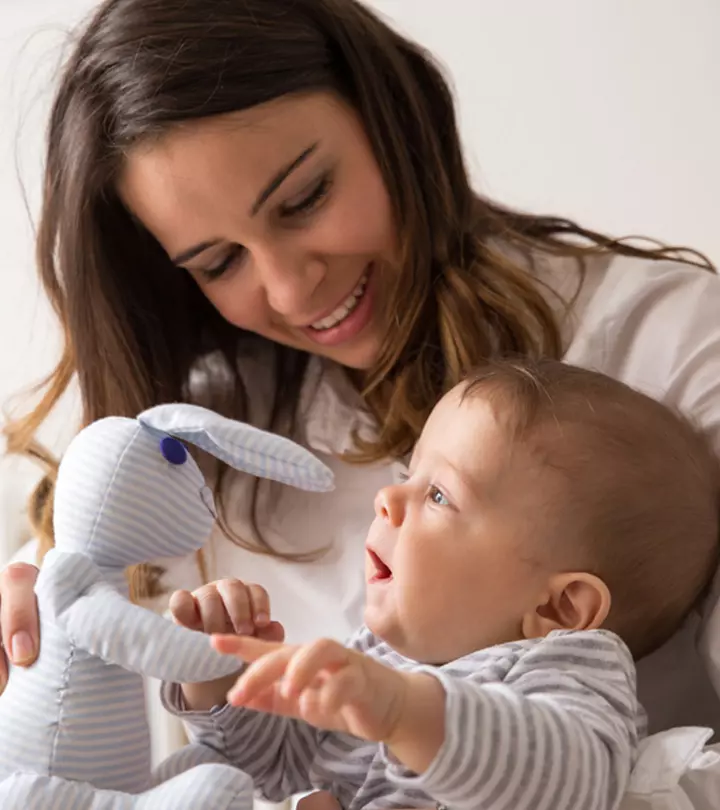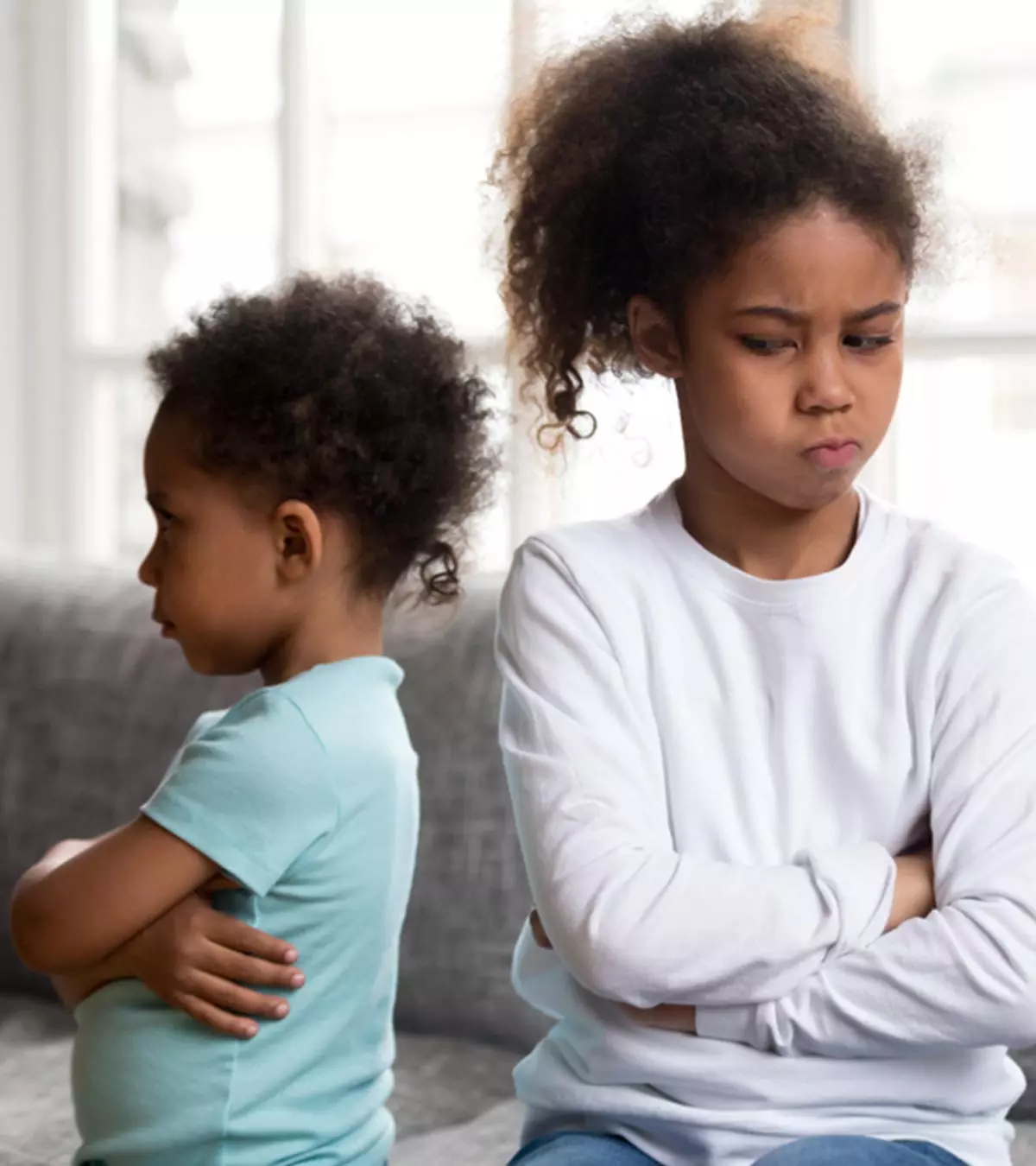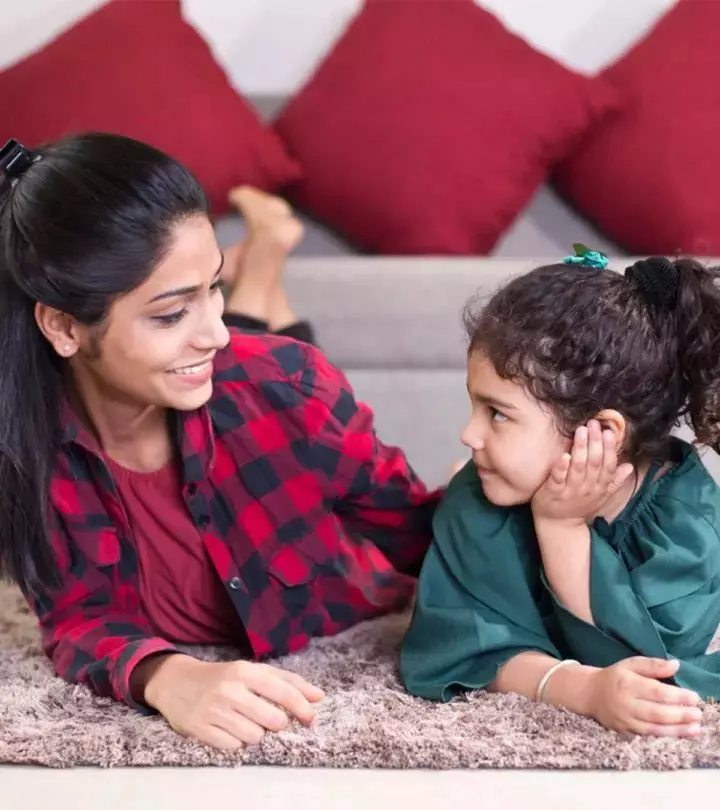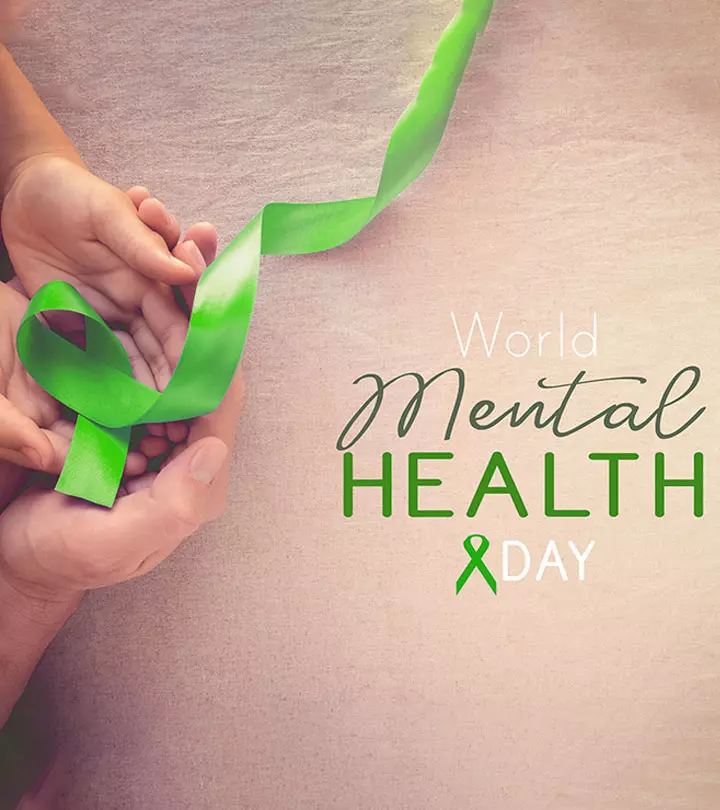
Image: Shutterstock
World Mental Health Day is celebrated on October 10th every year to raise awareness about mental health and showcase support for mental health care. With the onset of the Covid-19 pandemic, the past two years have been turbulent for all. It has been as hard on the children as it has been on the adults. This year’s World Mental Health Day comes at a time when the world has changed in unprecedented and unimaginable ways. We are all gripped with fear and anxiety as we struggle to adapt ourselves to an uncertain world. The most fragile and vulnerable are our children, undoubtedly!
Like all age groups of people, our children, too, have been isolated due to COVID-related restrictions. They are taking classes from the confines of their homes, fearful of heading out to play or meet their teachers and peers, lest they should contract the deadly virus. The mental health crisis is real, and it would be safe to conclude that the pandemic has probably worsened mental health conditions around the world.
If someone in your family or an acquaintance is facing problems related to mental health, be it anxiety, depression, or worse still, suicidal tendencies, it’s important that you reach out to them and guide them to seek professional help. Mental health issues are difficult to comprehend (1). As there are various myths and misconceptions surrounding the topic, it is not surprising for young children to be confused and anxious about mental illnesses. So, it’s crucial to talk to them and clarify their apprehensions about it. Keeping this in mind, here are a few things that could help you open up around your child and educate them about the importance of mental health:
1. Encourage Positive Sharing Of Emotions
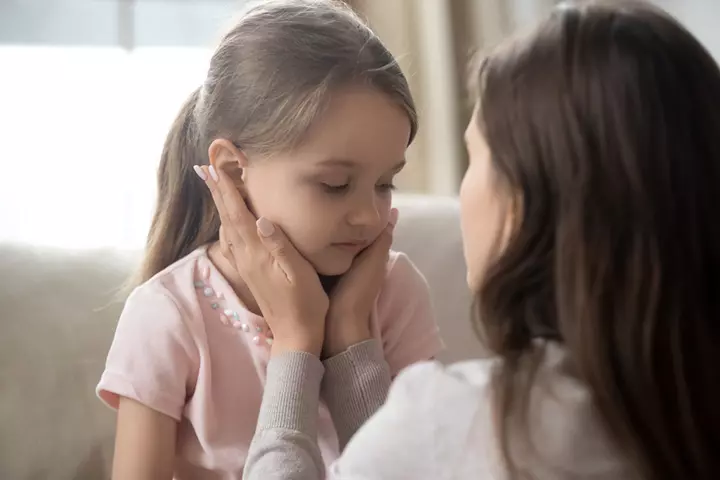
Image: Shutterstock
Tell your child that it’s okay to be vulnerable about their feelings with someone they trust. But first, lead by example. As children are impressionable, your behaviors as parents will be mimicked by them in the long run, if not immediately. So, understand that staying tight-lipped about mental health conditions may be counterintuitive.
It’s the nature of kids to be curious, and therefore, they are likely to notice changes in your behavior and that of those around them. So, be open about discussing negative emotions as much as positive ones. Most importantly, acknowledge feelings like guilt, shame, fear, anger, or sadness. As long as you normalize sharing of emotions, your child will find a friend in you to reach out to during times of distress or in the event of an emotional breakdown.
2. Find Ways To Connect With Your Child
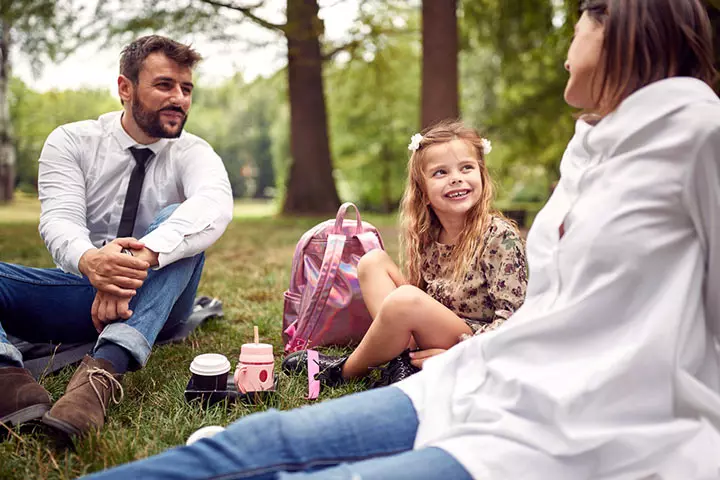
Image: Shutterstock
We are often so caught up in our commitments that we neglect the importance of checking in on our children. If your children are closed off or do not express their emotions easily, they might just lack a safe space to share what they feel. Creating that comfort zone could take time but stay consistent in planning activities that nudge them to share their issues with you without the fear of being judged or being reprimanded for it. You could take a stroll together, engage in a hobby that you both love, or connect with them during lunch or dinner hours to encourage them to speak up. This will help them build confidence in you to open up.

Image: Shutterstock
Ask questions about their everyday lives and also invite some from their end. Communicate your feelings with your child, of course, in an age-appropriate manner. Your children may not always be open about a piece of information that has recently caught their attention. They might be hesitant to share their personal issues with you. Never cut them off or distract them. Observe their body language and look for signs like fidgeting, persistent sadness, withdrawals, sudden and drastic changes in their moods, or inability to establish direct eye contact while talking. If they speak about death, suicide, or issues that seem bizarre and unrelatable, those could be signs that they need help. Let them know that their emotions are valid, and they can always rely on you for support and guidance.
4. Speak About Mental Health Just Like Physical Health
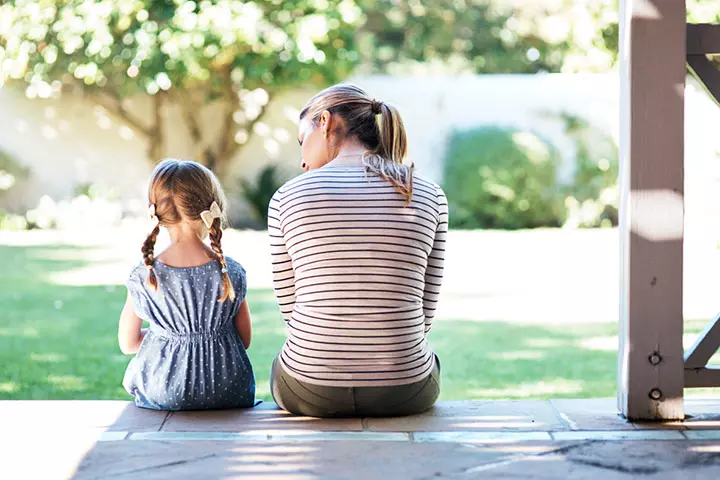
Image: IStock
A huge part of why mental health is a stigma in our society is because we are so hush-hush about it. If you or your partner have a condition that requires medical intervention, your kid will notice you taking medications and treatments. Talk about it to your child just like you would about physical health. Your child should know that just like some medicines make us physically strong, some make our brains healthy and enable us to stay positive. If they ask you questions that you don’t know the answers to, let them know that you will get back to them with an answer. Always revert without fail, even if you’re getting back to them with a response like “I don’t know”. Be open about the illnesses and refer to them with the names, eg. bipolar disorder, depression, dementia, anxiety disorders, etc. to name a few. This should alleviate some of their fears, insecurities, or assumptions about mental health issues.
5. Reassure Them That It’s Nobody’s Fault

Image: IStock
Your child may showcase an urge to offer help if they know someone’s suffering from a mental health issue. They could even feel guilty about doing something that caused or triggered it in a loved one. However, as a parent, you need to offer them more strength and hope. Reassure them that someone’s mental health condition is not their fault. At all times, practice empathy and kindness with your kids. Kind words can work like magic in making them feel safer and resilient.
Talking to your child about mental health is not a cakewalk. Be watchful of your tone and the circumstances in which you get vulnerable with them. At all times, respect their privacy when they share something confidential with you. As long as you follow these tips, there will be an opportunity to build love and confidence in your relationship. Have you spoken to your child about mental health? How was the experience? Do share with us in the comments below!
References
- “Mental illness is like any other medical illness”: a critical examination of the statement and its impact on patient care and society
https://www.ncbi.nlm.nih.gov/pmc/articles/PMC4409431/
Community Experiences
Join the conversation and become a part of our nurturing community! Share your stories, experiences, and insights to connect with fellow parents.





